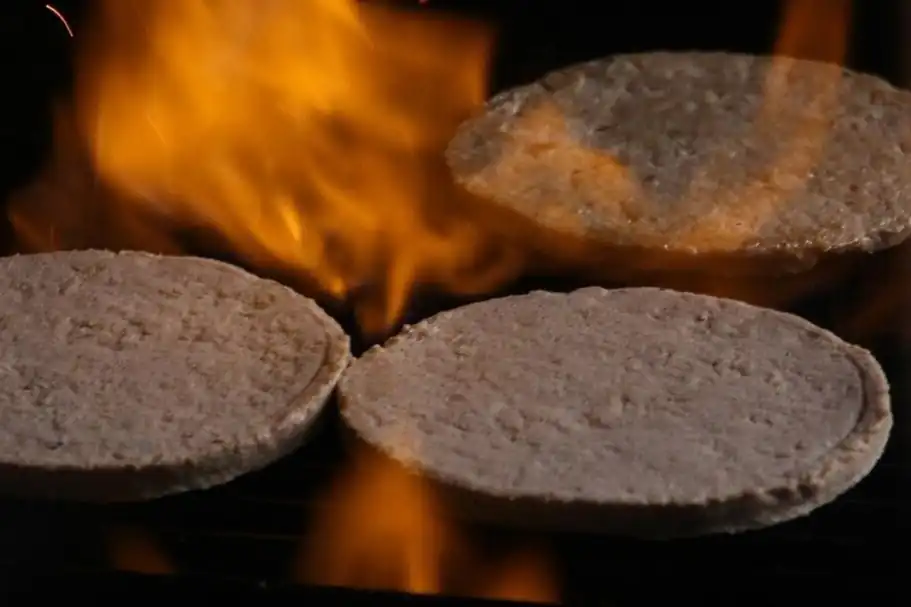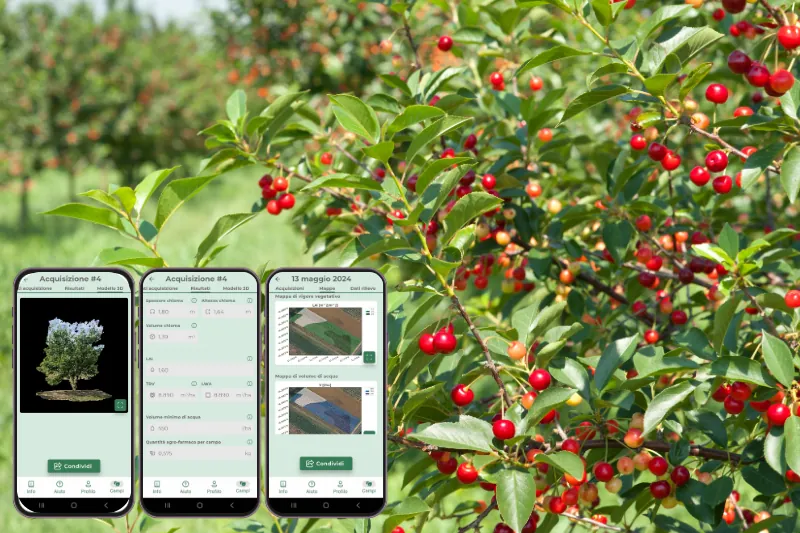The discovery of a new cherry canker pathogen in the Pacific Northwest has raised awareness among growers. Previously found in California, Calosphaeria pulchella was identified in Oregon and southern Washington during a 2023-2024 survey led by Gary Grove from Washington State University.
The research, funded by the Washington Tree Fruit Research Commission, examined 86 orchards, confirming canker and dieback issues caused by fungal and bacterial pathogens. The most common fungal pathogens identified were:
- Leucostoma cinctum (Cytospora), a longstanding canker pathogen
- Eutypa lata, affecting many woody species
- Calosphaeria pulchella, newly identified in the region
- Botryosphaeria spp., widespread across North America
These fungi infect trees through wounds caused by pruning, drought stress, winter damage, or boring insects. While not highly aggressive, they reduce yields over time if left unmanaged.
Managing cherry canker pathogens
Field identification of fungal cankers is challenging without fruiting bodies. The best approach is removing infected wood, cutting 12 inches (30 cm) below the affected area. If infection reaches the trunk, tree removal may be necessary.
Grove’s past research found that overhead irrigation can spread spores, so adjusting sprinkler angles or using micro-irrigation is recommended. Young orchards (under 3 years old) are most vulnerable, requiring proactive management.
Further research is needed to understand pathogen lifecycles, including whether pruning in colder temperatures could help limit infections, as seen in California studies.
Conclusion: While this new pathogen does not pose an immediate threat, proper sanitation, pruning, and irrigation management are essential to mitigate its long-term impact.
Read full article: Kate Prengaman - Good Fruit Grower
Cherry Times - All rights reserved










